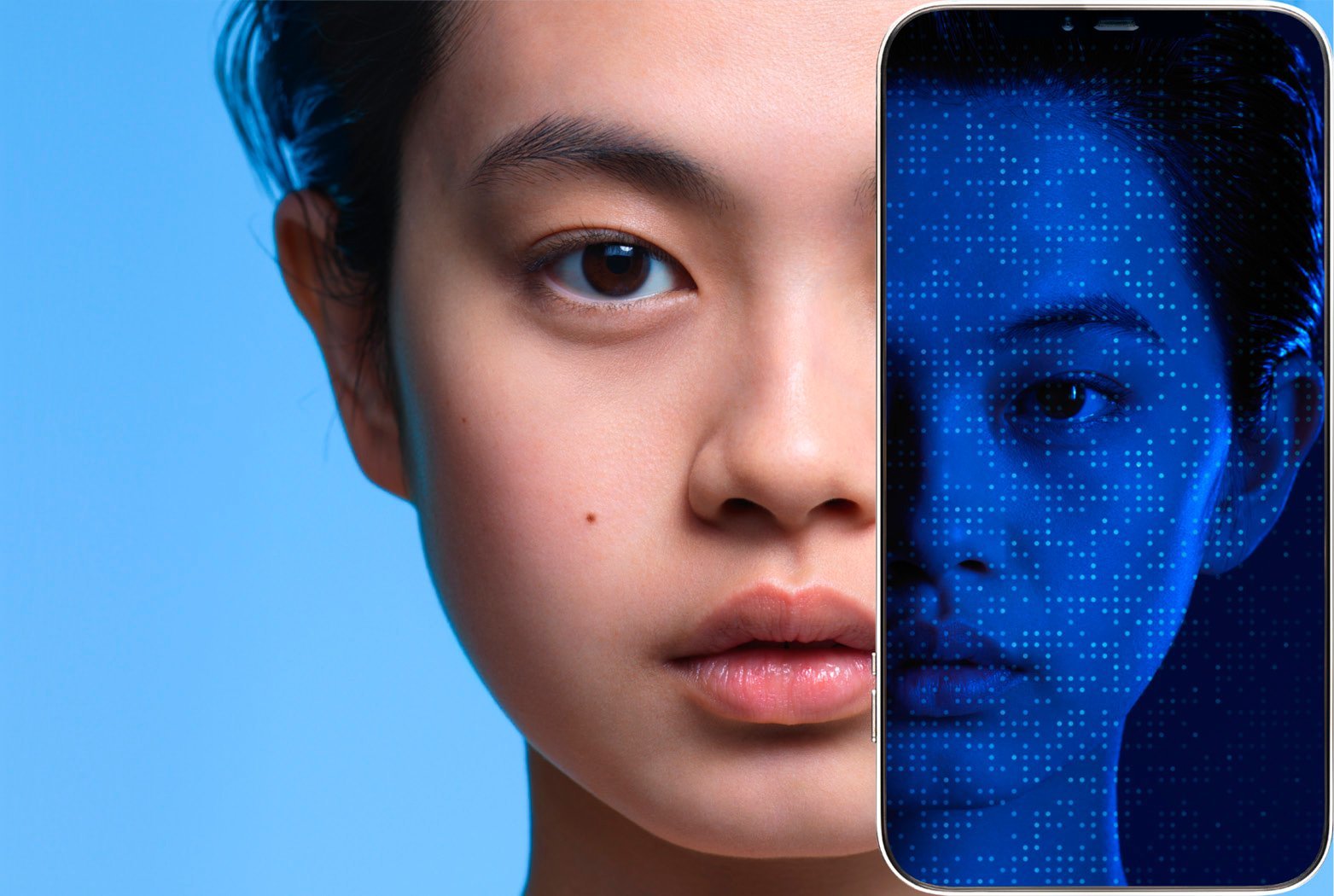WHICH ACNE TREATMENTS
ACTUALLY WORK?
There are so many “acne cures” on the market. We’re here to guide you.
When it comes to acne treatments, doctors have an arsenal of effective treatments, dermocosmetics or prescription medications, which need to be adapted to the severity of the acne. Read on for insights from our associate dermatologist Dr Philippe Beaulieu on solutions for mild, moderate and severe (cystic) acne… And their side effects.
Treatment for mild acne (a few blackheads and small spots affecting less than 50% of the face)
For mild acne I recommend topical acne solutions such as an appropriate over-the-counter dermocosmetic such as a benzoyl peroxide product, or a product containing a retinoid like adapalene to help unclog the pores. Benzoyl Peroxide kills P. acnes, the bacteria responsible for spots, as well as reducing redness and exfoliating dead cells. Retinoids are a group of vitamin A derivatives with superlative results on acne. They help slough off the surface cells that clog up your pores.
Side effects of benzoyl peroxide and topical retinoids
These treatments can leave skin red, irritated and feeling a size too small, with visible surface flaking. You may even experience stinging and burning sensations.
What to do about side effects of topical acne treatments
Don't panic if you peel at first, your skin should get used to the treatment. If it's still tough going, try switching to a lower concentration formula, diluting with oil-free moisturizer or spacing out applications.
Solutions for moderate to severe acne (blocked pores, spots and sometimes nodules, affecting more than half the face)
For moderate to severe acne I combine the same topical treatments with an oral antibiotic such as doxycycline to kill the bacteria that cause spots. In most cases, this can cure pimples.
Side effects of oral antibiotics such as doxycycline
Oral medicines like doxycycline make skin very sensitive to sunlight. This means that even mild sun exposure could leave you a not-so-chic shade of lobster pink! Another issue with antibiotics is that bacteria can develop resistance over time, making your treatment less effective.
What to do about side effects of oral antibiotics for acne
Make sure you protect skin with a suitably high SPF (30-50) during the day. Top over-the-counter treatments such as Effaclar Duo(+) SPF30 combine active ingredients for acne-prone skin with a strong sun filter. Whatever product you choose, make sure you seek out light, oil-free and non-comedogenic formulas. Your doctor will limit the duration of your antibiotic treatment to help avoid antibiotic resistance.
Severe or cystic acne treatment (the whole face is affected, and cysts/nodules are present)
For severe or cystic acne, I prescribe a very powerful treatment called isotretinoin (Accutane). It targets the excess oil production at the root of the problem and can cure even cystic acne. But this medication is strong and can have severe side effects. It needs to be prescribed with a great deal of care.
Side effects of isotretinoin (Accutane)
With great power comes great responsibility! This solution is a last resort and patients need regular blood tests to monitor their body's response to the treatment. Side effects include severe dryness of the skin and lips or nasal areas leading to flaking, tightness and even nosebleeds. To top it all off, it's photo-sensitizing, meaning it makes skin vulnerable to the sun.
What to do about isotretinoin (Accutane) side effects
If you're on isotretinoin, you will need to keep skin moisturized with rich, nourishing textures, topped off with a high SPF (30-50). Opt for a hardworking lipbalm such as NUTRITIC Lip Balm and try a thermal water spray to soothe the skin.
THE MIRACLE ACNE CURE?
STICK TO YOUR TREATMENT!
What are the fastest solutions to treat acne?
Many patients come to the clinic looking for an overnight cure for acne and I can totally understand why they want to act fast. Realistically, it takes weeks rather than hours to see results, and consistency is the key to clearing skin. But only 30-50% of patients actually stick to their treatment schedule: They begin with the best intentions, then lose heart when things don't change overnight. And that's how acne keeps the upper hand.
What topical acne solutions can I buy over the counter?
I always recommend that patients combine prescription treatments with smart dermocosmetic skincare choices. Opt for pH-balanced soap-free cleansers and oil-free moisturisers. When it comes to makeup, look out for “non-comedogenic” formulas that won't clog pores. There are also specialist acne-prone skin creams you can buy in the pharmacy with ingredients like salicylic acid. Make no mistake - the right medical treatment can really be boosted by the right skincare products.
Click HERE to learn how to get rid of acne scars.
For more information on oily skin and acne, click HERE.






